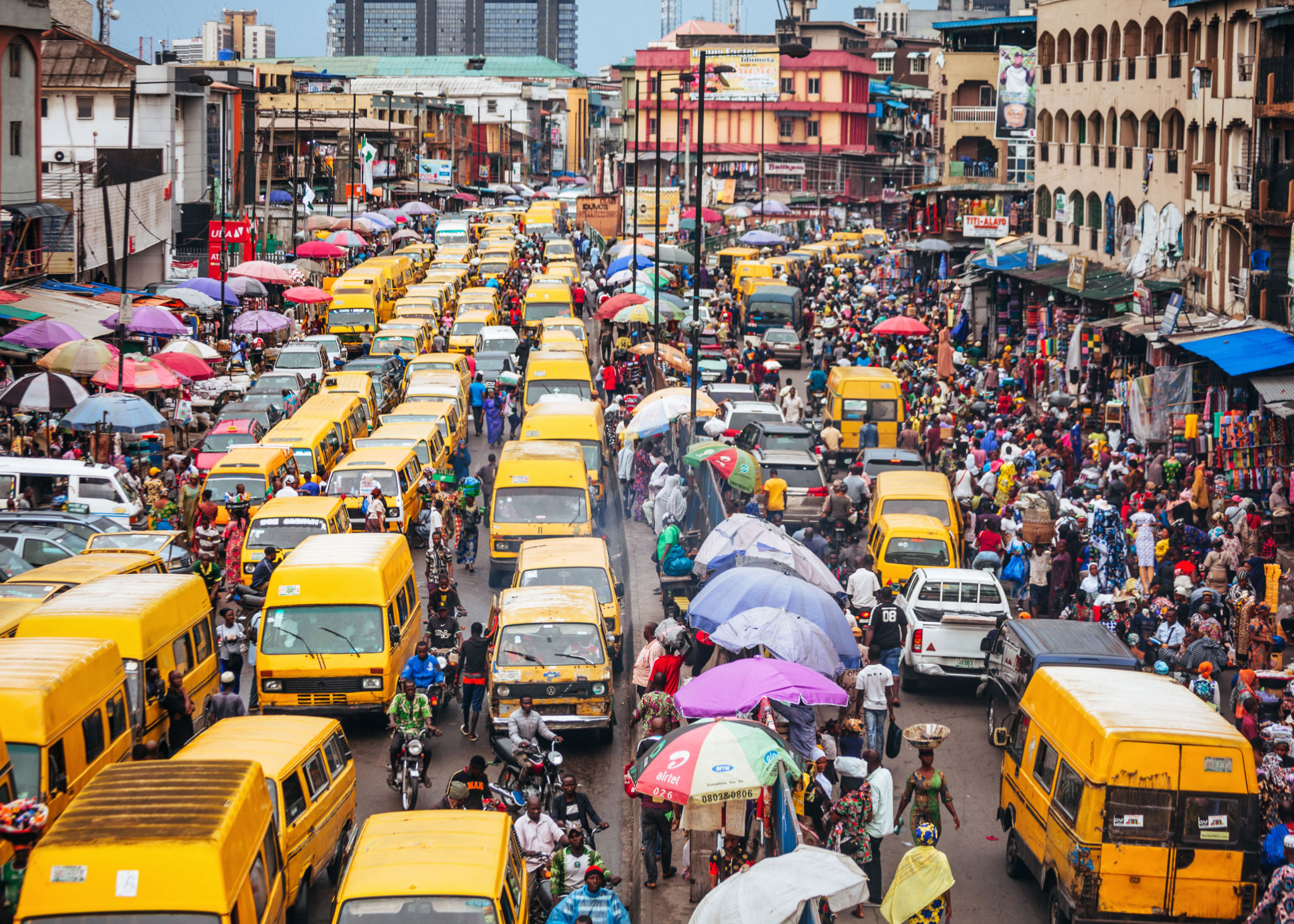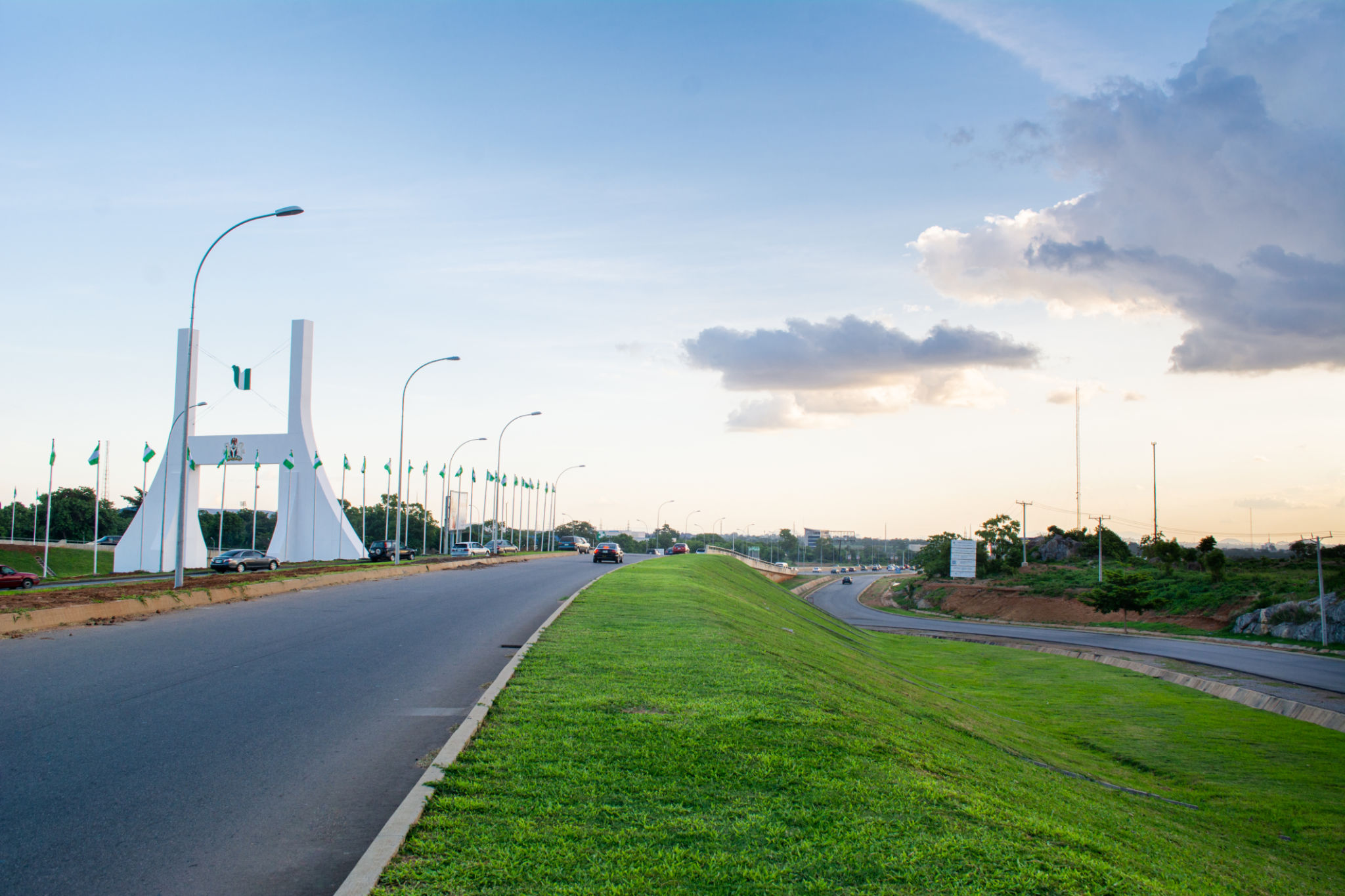Understanding Nigeria's Driving Regulations: A Beginner's Guide
Introduction to Nigeria's Driving Regulations
Driving in Nigeria can be both an exhilarating and daunting experience. With bustling cities and scenic rural roads, understanding the driving regulations is essential for both residents and visitors. This guide provides a beginner-friendly overview of the key rules and requirements you need to know before getting behind the wheel in Nigeria.

Obtaining a Driver's License
To legally drive in Nigeria, you must possess a valid driver's license. The process involves several steps, starting with enrolling in a driving school accredited by the Federal Road Safety Corps (FRSC). After completing the required training, you'll need to pass both a written and a practical driving test.
Once you pass these tests, you can apply for a driver's license, which is issued by the FRSC. It's important to note that driver's licenses must be renewed every three to five years, depending on the type of license you hold.
International Driver's Permit
Visitors with a valid International Driver's Permit (IDP) can drive in Nigeria for a limited period. However, if you plan on staying longer or becoming a resident, obtaining a Nigerian driver's license is necessary.
Essential Road Rules
Nigeria follows right-hand traffic rules, similar to many countries worldwide. Understanding and adhering to these rules is crucial for safe driving. Here are some basic road rules to keep in mind:
- Always wear your seatbelt while driving or as a passenger.
- Use of mobile phones without a hands-free device is prohibited while driving.
- Observe speed limits; urban areas typically have a limit of 50 km/h, while highways may allow up to 100 km/h.

Traffic Signs and Signals
Nigeria has a comprehensive set of traffic signs and signals that guide drivers on the road. Familiarize yourself with these signs, including stop signs, yield signs, and traffic lights, to ensure compliance and safety.
Vehicle Requirements and Maintenance
Ensuring your vehicle is roadworthy is another critical aspect of driving in Nigeria. Regular maintenance checks, such as oil changes and brake inspections, are necessary to comply with safety standards. Additionally, vehicles must have valid insurance coverage and a roadworthiness certificate.
It's also essential to carry your vehicle's registration documents at all times. These documents may be requested during routine checks by traffic officials.

Dealing with Traffic Officials
Encounters with traffic officials are common on Nigerian roads. Being polite and cooperative can make these interactions smoother. Always carry your driver's license, vehicle registration, and insurance documents, as they may be requested during stops.
Coping with Traffic Conditions
Nigeria's bustling cities like Lagos and Abuja often experience heavy traffic congestion. Planning your trips during non-peak hours can help you avoid delays. Additionally, staying informed about traffic updates through local radio stations or mobile apps can help you navigate more efficiently.
For those new to Nigerian roads, it may be beneficial to start with short trips during less busy times to gradually acclimate to the driving conditions.
Conclusion
Understanding Nigeria's driving regulations is essential for a safe and enjoyable driving experience. By following these guidelines, you can navigate the roads confidently and responsibly. Whether you're a resident or a visitor, respecting the rules of the road contributes to overall safety and order on Nigeria's vibrant streets.
